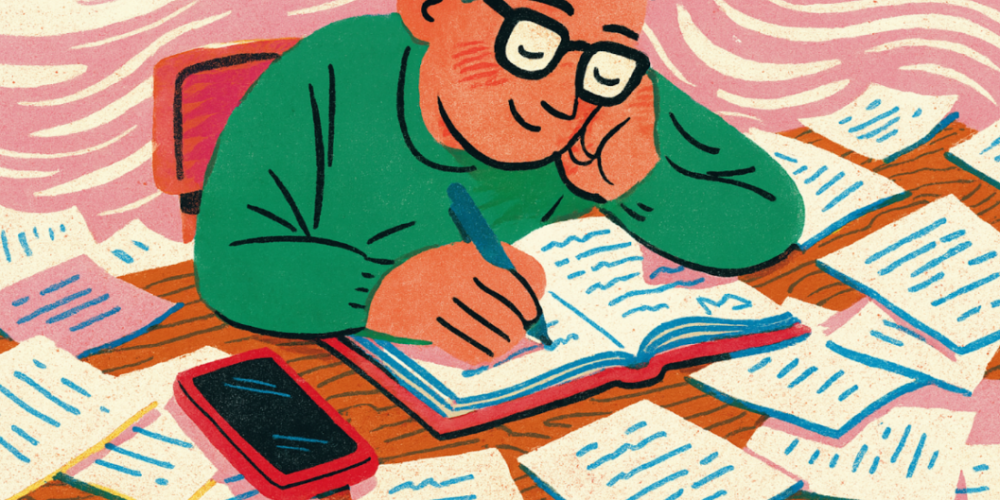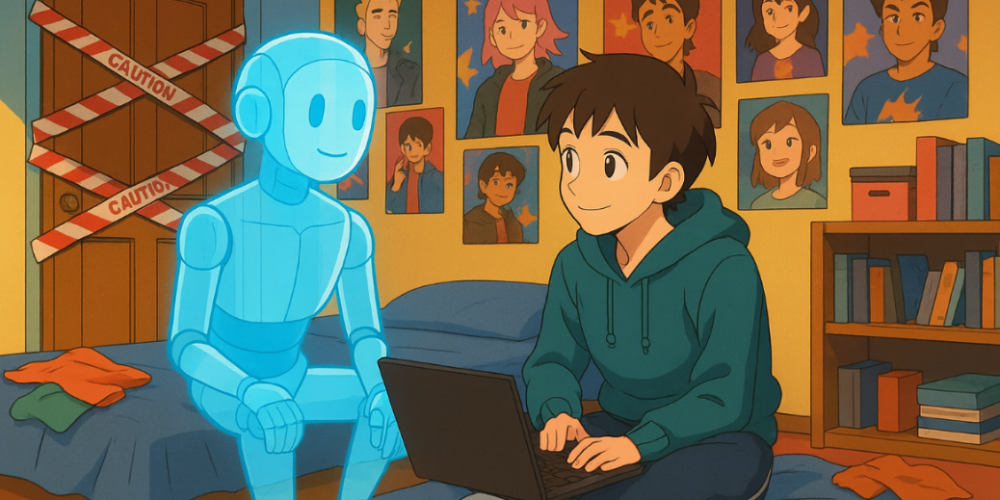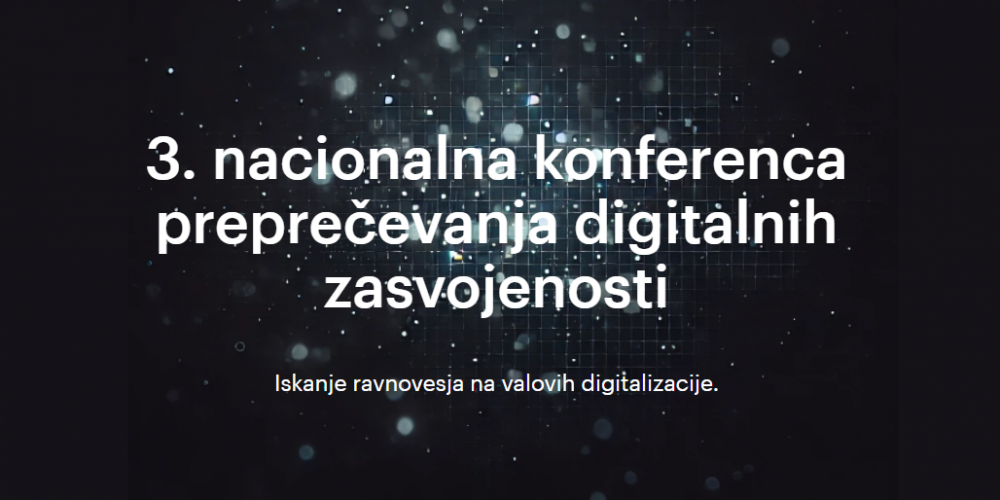Blog
-

Video Games as Modern Casinos
Video games used to operate on a simple one-time purchase model. When I bought a game, I received all of its content. In recent years, however, the video game industry has begun using various ongoing monetization mechanisms to generate profit, where players purchase each additional in-game item individually. These individual purchases are called microtransactions. Data shows that players now spend more money on in-game purchases than on the games themselves.
-

How devices make us use them more than we want
"I’ll just quickly check the weather for today." Thirty minutes later, I’m watching videos about Australian koalas, slime-making tutorials, or ASMR from hairdressers. I still don’t know tomorrow’s weather, and meanwhile, my friend has already texted me. What’s really happening here? Why do I have such weak willpower that I can’t use my phone with focus? Is this already a sign of digital addiction?
-

Parental Powerlessness in Raising Teenagers for Balanced Use of Digital Devices
When working with children and adolescents in the field of excessive use and addiction to digital devices, we frequently encounter parents’ sense of helplessness in their parenting role:
- “I don’t have the right tools; I don’t know how to limit my daughter’s phone use effectively and without major arguments and her threats. I need advice and help with setting rules.” -

"I'll take just one hour for myself, call later" instead of "I'll just look at something for a second, answer, read...".
You've probably noticed that you pick up your phone without a clear intention. While unlocking it, you realize that the action you're performing is uncontrolled and unguided, but you don't put the phone down. Why? At least one of the notifications will be interesting, every app will have some novelty, we just can't stop ourselves. As soon as we reach for the phone, our attention is already elsewhere.
-

Attachment as a recipe for gaining your attention - parasocial relationships in the digital age
Your favorite series ends unexpectedly. Your favorite influencer has dug into the ground. You don't have the internet to ask your chatbot for advice. The feeling of confusion, sadness, abandonment, or panic during such events indicates one thing - a parasocial relationship.
-

All about the introductory meeting for individuals
"Hello, I'm writing to you because I... well, I think I'm addicted. I've been having trouble with digital devices for quite some time now and I don't know what to do next…”
-

All about the introductory meeting for families
Decision to seek help can be very difficult. The first step in improving the problems with using digital content is to sign up for an introductory consultation through our website.
-

Summer Camp "Logout Week" 2025
21 teenagers, 6 days, 5 mentors, 3 volunteers, 0 minutes of screen time. What did this year’s Logout Week look like? “Tell me it’s not time yet,” pleads a veteran of the Logout camp, eyes full of desperation. “It’s time,” the mentor says firmly, and without mercy, collects all phones, headphones, e-readers, and backup devices from the group of 21 teenagers on the train from Ljubljana to Maribor. The contents of the bag remain untouched from Monday to Saturday.
-

Shocking Content on Social Media
Absurd content on the internet is nothing new. The early days of internet culture were marked, among other things, by so-called shock sites—well known to any dedicated user of the “early” internet. Nowadays, however, it seems that children and teenagers are exposed to especially disturbing content with every click.
-

3. National Conference on Prevention of Digital Addictions
The third national conference on preventing digital addiction is behind us! Several guests and lecturers joined us in the Rog Center hall. The conference's main theme was finding balance in a world where digital technology is rapidly changing and developing, presenting us with new challenges all the time. Through the perspectives of top speakers, we wanted to highlight various protective factors that help us navigate the waves of technological change.
-

"Just 5 more minutes" and other stories we tell ourselves with our phones in our hands
Apologies, rationalizations, and excuses that keep us in front of screens, and possible solutions
When we talk about excessive screen use or video game addiction, we often think of children and adolescents first. But counsellors at Logout often encounter adults who have difficulty controlling the time spent in front of a screen. -

Literature of the Digital Age
We hear and read in the media about the decline of literacy, lack of interest in reading, and the collapse of publishing. A dark scenario is unfolding before our eyes, where reading an entire book seems impossible due to diminished attention. We no longer flip through books; we listen to them more often or a convenient app condenses them into 15-minute summaries. Literature, however, has not disappeared yet. What does the term literature mean in the digital age?
-

Research: Analysis of the current situation and needs of professionals in the field of non-chemical addictions in Slovenia
As part of the Early Recognition and Action in the Case of Behavioral Addictions with a Focus on Risky Online Behavior project, which we are implementing together with Psychological Counseling Center Posvet, we conducted a survey in which we analyzed the current situation and needs of professionals in the field of non-chemical addictions.
-

Artificial Intelligence and the Rise of Misinformation
Lately, we've been reading more and more about the rise of artificial intelligence (AI) tools in the news. Conversational programs like ChatGPT and Microsoft's Copilot are being used to assist in creating texts, articles, social media posts, and lately, even visual content such as images and videos.
-

"It's worth trying - recommendations for parents to help teenagers overcome procrastination
As the end of the grading period approaches, children and teenagers in schools face a large volume of assessments, causing increased stress for both teenagers and parents. Additional learning difficulties arise when a teenager frequently procrastinates.
-

Tis the season to be jolly - with less screen time
Most adults think of the holidays as a time for family gatherings filled with food, fun and good conversations. On the other hand, children and teens tend to think of the holidays in terms of freedom - no bedtimes, practices, school or homework and plenty of free time – and opportunities to have some more fun in front of screens. How to find a healthy balance between the two?
-

Set an example, show your true self #NoFilter
What is considered beautiful and attractive? What are the beauty trends among youth? What or who are they inspired by? Do trend-setters really look like shown on social media? Do they really have the perfect lives they portray online?
-

What characteristics make up the best competitive video game players?
A gamer's journey may start in his or her room playing their favourite video game, but it takes much more than that to become successful player and to progress to the highest levels of competition. So what qualities make up the best competitive video game players?
